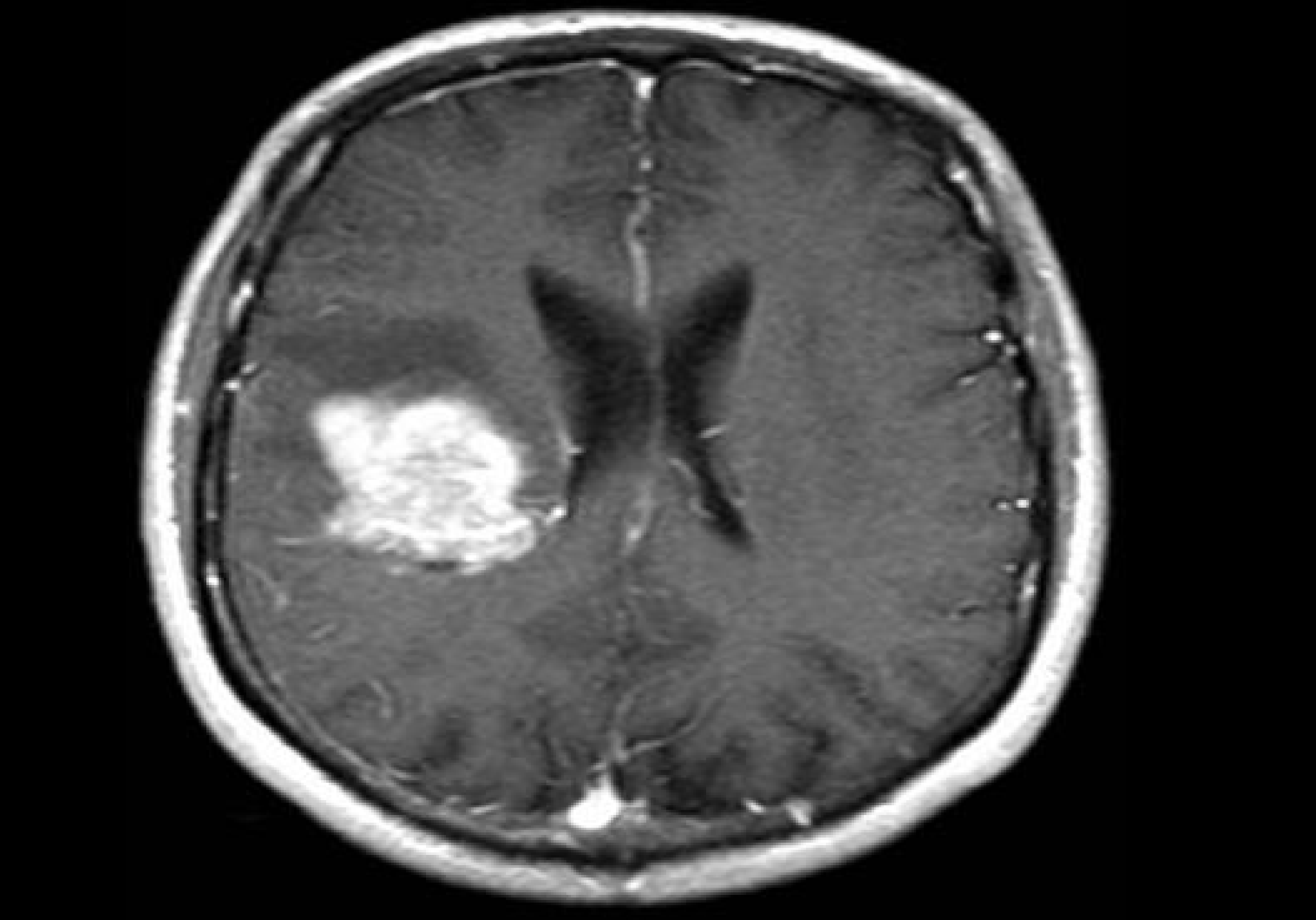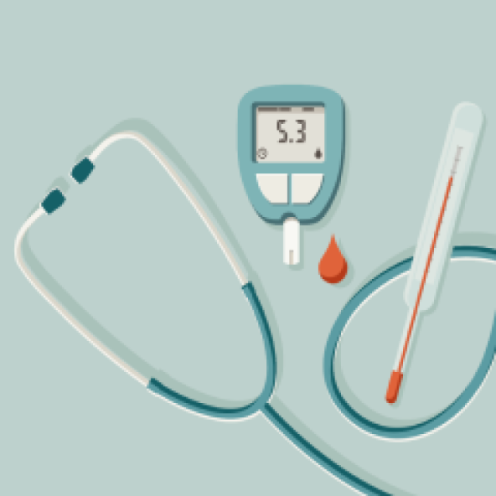Chinese scientists have found a common hypertension drug could prove potent in treating a rare but highly invasive brain tumour.
Although craniopharyngioma is a benign tumour, it can cause complications due to its growth along the critical nerve structures of the brain close to the hypothalamus and the pituitary gland.
Given its location, the tumour can cause hormone dysfunction and metabolic disorders, like obesity, diabetes and hypothyroidism.
The main treatment option currently is surgery, which carries high risks, including the recurrence of the tumour.

Researchers from the Chinese Academy of Scientists found that a common blood pressure medicine, amlodipine besylate, has potent effects on the tumour.
In their study, published in the journal Science Translational Medicine, the scientists developed two mouse models to replicate craniopharyngioma.
The models mimicked the pathological progression of the tumour, allowing the scientists to study the connections between the nerve cells of the hypothalamus and the craniopharyngioma cells. They found that activating some neurons accelerated tumour growth while reducing nerve cell activity inhibited it.
The researchers screened some 3,000 compounds for potential antitumor effects and identified 74 that showed promise. They found amlodipine besylate, a calcium channel blocker commonly prescribed for hypertension, especially potent in suppressing tumour growth.
The drug’s established safety profile and widespread use could make it a key candidate for tackling the tumour, the scientists say.
They suspect the drug acts by blocking calcium signals that are key for communication between nerve cells of the hypothalamus and the tumour cells.
“Through close cooperation with neurosurgeons, neurologists, endocrinologists and oncologists, we will promote the clinical transformation of this drug to meet patient needs,” study lead Wu Qingfeng told the South China Morning Post.
The researchers say further verification of the drug’s effects on the human brain is needed, including an assessment of its potential side effects like headaches and palpitations.
“The therapeutic effects were associated with dampened calcium transients implicated in neuron-tumor cell interactions and with neuroendocrine neuronal activity,” the study notes.
“These findings deepen our understanding of suprasellar tumour biology and offer promising avenues for clinical exploration of effective chemotherapies.”
Source: independent.co.uk



